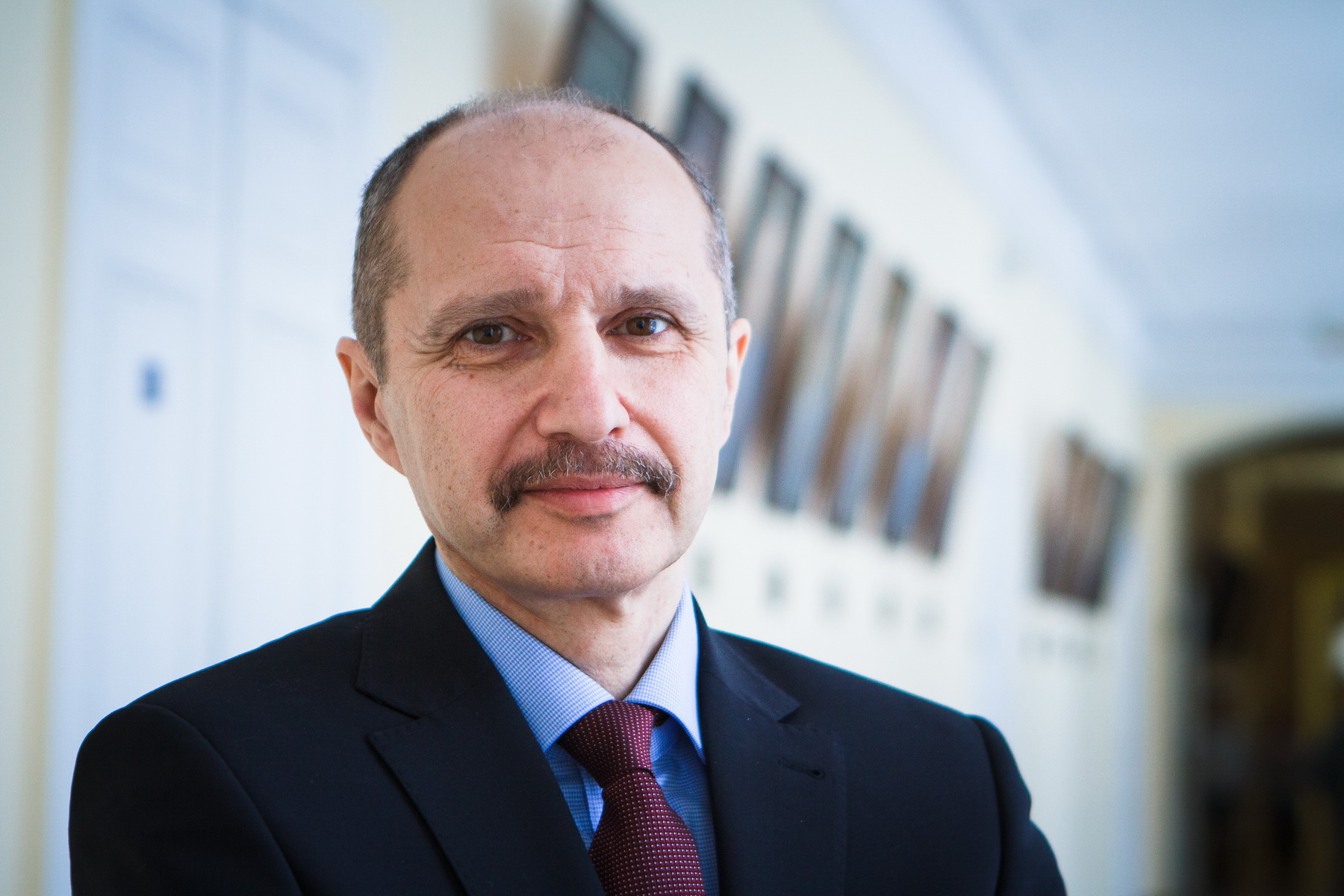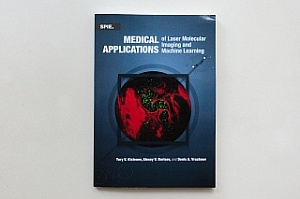The Society of Photo-Optical Instrumentation Engineers (SPIE, US) has published a book written by TSU scientists: Medical Applications of Laser Molecular Imaging and Machine Learning. It describes different approaches in using molecular imaging and machine learning for noninvasive diagnostic technologies.
“Most of the books and articles on visualization and machine learning focus on analyzing images, like MRI scans,” explains Yury Kistenev, executive director of the Institute of Biomedicine and one of the authors. “For molecular imaging, there is a combination of two types of information: graphic data (when it comes to biological tissue analysis – its structure, morphology, etc.) and data on the presence and distribution of molecular components in the object of interest, for example, protein molecules. The complex data on morphology and chemical composition gives us a better understanding of the processes in biological tissues and increases the precision of diagnosis.”

TSU has been developing laser and molecular imaging and machine learning for nearly ten years. In collaboration with leading medical research centers, the scientists designed new approaches to diagnosis of myocardial infarction, thyroid tumors, prostate cancer, dangerous complications, and other diseases based on AI and biophotonics.
The book introduces a large theoretical base and practical ideas that will help other scientists in designing new diagnostic methods based on spectroscopy and AI technologies. For example, it explains how to find the right algorithm and combine algorithms to train computer models most effectively.
The book is accompanied by a training application that lets aspiring specialists teach AI to detect a disease based on a medical dataset.
“By merging AI and biophotonics we can provide a new level of quality for diagnostics – fast, painless, precise,” says Yury Kistenev. “Evidently, these technologies will shape the future, so TSU will develop them further.”
Currently, TSU is implementing several projects on methods of optic spectroscopy and machine learning, one of them supported by a megagrant from the Russian Government. The scientists develop methods of screening noninvasive diagnostics for detecting viral and bacterial infections using AI and laser spectroscopy.
The book was written by Yury V. Kistenev, Alexey V. Borisov, and Denis A. Vrazhnov, researchers of the TSU Laboratory of Laser Molecular Imaging and Machine Learning, and is available here.

